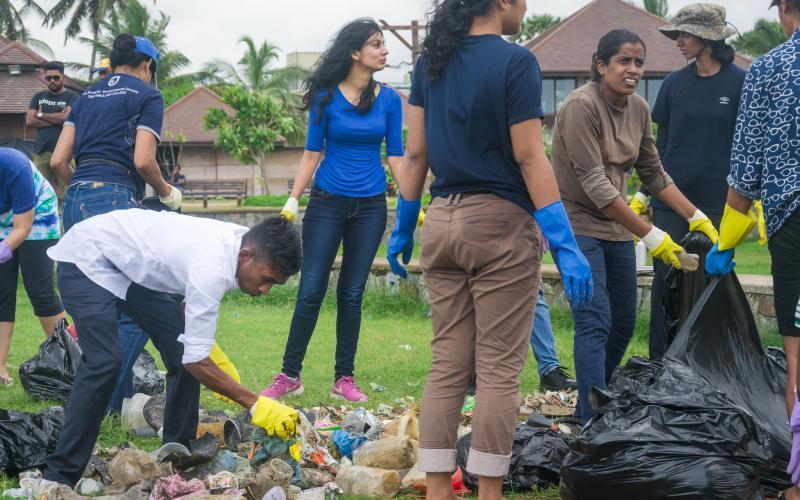Image

-
Anoka Primrose Abeyrathne
Co-founder / Asia-Pacific representative, SustainSolutions.Org / UN Habitat YAB
- 30 Under 30
- 2019
Colombo, Sri Lanka
Age: 28
Anoka is "Growin' Money" with mangroves and inspiring communities through hands-on learning to protect and conserve our threatened ecosystems.
Tell us about yourself!
At the age of 13 and after surviving the 2004 tsunami, I co-founded the eco-social enterprise, Growin’ Money, to conserve the mangroves in Sri Lanka. Since then, we have planted over 60,000 mangroves, and we are currently educating youth and women across Sri Lanka on community leadership, environmental conservation, eco-tourism, organic farming, and eco-entrepreneurship. Having worked with over 20,000 youth and women, I personally realized that even with a 99% literacy rate, our communities do not have financial literacy and therefore don’t understand the long-term implications of negative environmental actions. By crunching the numbers, we are able to show them what a great investment it is for them and their communities to “invest” in environmental and species conservation.

While educating and volunteering, I have been able to work with the UN, British Council, and other bodies in the corporate, public, and civil sectors in research and environmental sustainability. This experience has greatly helped me understand diverse perspectives, and has enabled me and my team to create messaging and educational material that best resonates with the community members we engage with. I am also a scholar in the University of Cambridge’s Social Innovation program, where I am learning effective ways of engaging with communities via visualization to breakdown complex concepts.
What inspired you to become a champion for environmental education?
I have always wanted to save animals, and in fact my original career goal was to become a veterinarian to treat animals for free and create a haven for stray dogs in Sri Lanka. However, the lack of public knowledge and empathy for animals, as well as surviving the tsunami and clearly understanding how important the environment is for our existence, all inspired me greatly to become an educator.
What advice would you give to the next generation of leaders that are looking to bring about positive change in their communities through EE?
Look at the big picture, work with mentors, and engage community leaders. The latter has worked particularly well for us in engaging older community members in more traditional communities, where they look up to the community leaders and as a result work more respectfully with us.

What keeps you motivated, inspired, or hopeful for the future?
I am hopeful for the future because of people at organizations such as NAAEE and peers in the EE 30 Under 30 community who inspire, educate, and motivate both the young and old to work together for environmental conservation and education. With efforts like this, people collaborate more and these actions go so much further.
What pro-environmental behavior do you think would make a big impact if everyone in the world started doing it?
Creating awareness through education. The majority of people wouldn’t know how many animals are going extinct because of human actions, or how many plastic bottles end up in water sources and ultimately in our food. There are children who do not know how to interact with an animal with empathy and kindness. All this can change through education and awareness to make children and adults both more enlightened and compassionate.
SIGN UP FOR 30 UNDER 30 UPDATES